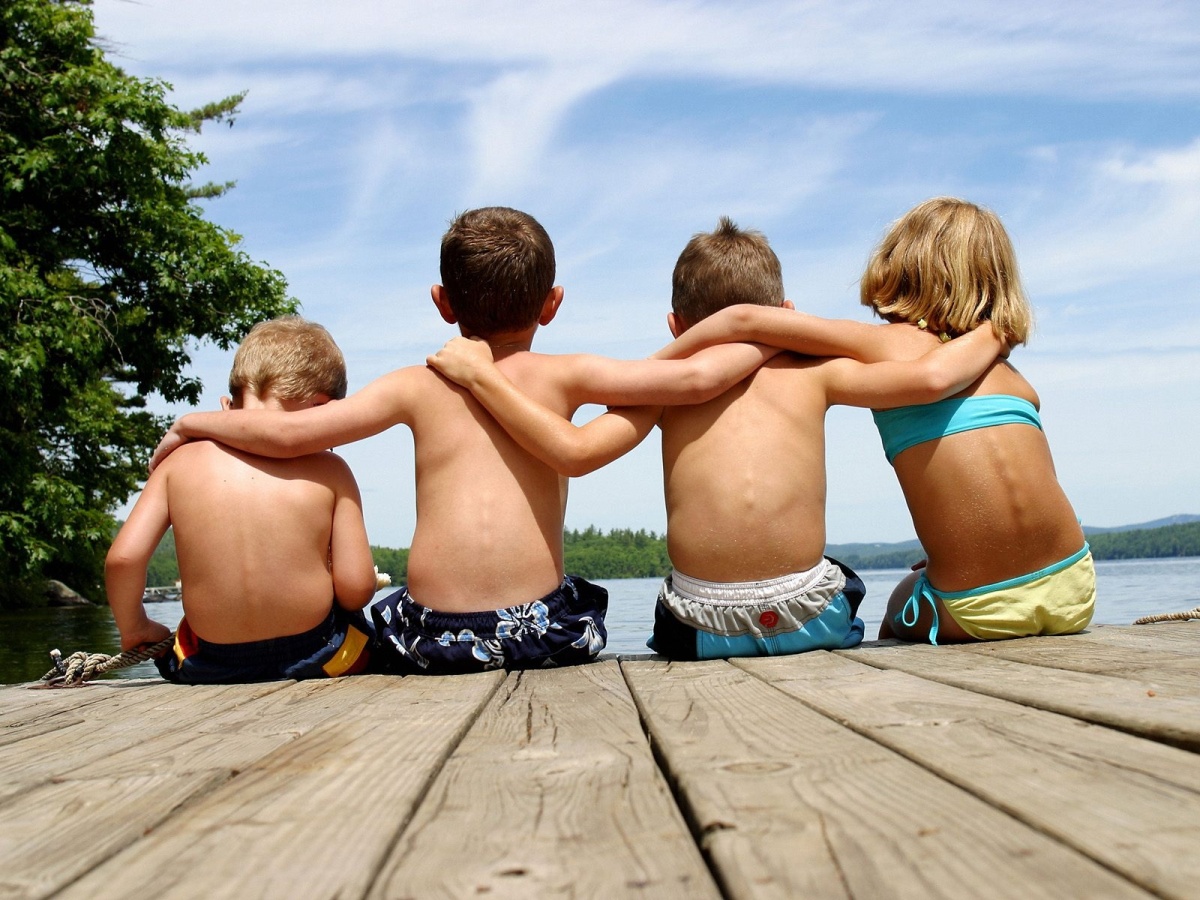Firstly, I wanted to say a big thankyou. To date I’ve had over 1600 views of my blog posts, and over 1000 visitors to the site. This is incredibly humbling, and also very encouraging, as when I started this project back in January it was initially as an outlet for myself, and I never anticipated the support I’ve received. It certainly confirms to me that I made the right decision opening up in this way, and inspires me to do bigger and better things in the future.
One of the most satisfying aspects of doing the blog has been the messages and comments I have received from people, in particular those personally affected by depression and anxiety. I received this comment recently on one of my blogs by hopingandmunching
“Hello, just wanted to let you know that I relate to your thoughts. I have also struggled with depression and anxiety for many years. I get hopeful that it will finally get better, only to have those hopes crushed by another relapse. But don’t give up hope, even if you feel like you are slipping again. I think it’s important that we are kind to ourselves and forgive ourselves, and this will help our progress. I hope that you succeed and find richness and meaning in life that we miss our on because of this”
Its incredibly rewarding that people feel they are able to open up, and share their stories, and is again justifies to myself that the blog is a positive thing to be doing. The only way of tackling this illness is by getting people talking, and feeling comfortable in opening up about their experiences, and its great to see the evidence of this.
On another note, next week is Mental Health Awareness Week. This yearly event originated in 2000, and each year there is a different focus, for example anxiety, sleep deprivation and exercise. In the spotlight this year is relationships, and the importance of embracing and maintaining them to promote better mental health, and this description from The Mental Health Foundation explains why its such an important topic:
“We believe we urgently need a greater focus on the quality of our relationships. We need to understand just how fundamental relationships are to our health and wellbeing. We cannot flourish as individuals and communities without them. In fact, they are as vital as better-established lifestyle factors, such as eating well, exercising more and stopping smoking.
We are lobbying national governments, public bodies and employers to promote good relationships and to tackle the barriers to forming them, including mounting pressures on work–life balance and the impact of bullying and unhealthy relationships.
But we have a challenge for the public too. We are asking everyone to go the extra mile in prioritising their relationships. We are calling on people to make a relationship resolution: to assess how much time we actively commit to building and maintaining good relationships, and to ask whether we can invest more in being present with and listening to friends, family and colleagues.”
Check out their website for information on events happening around the country, and how you can help contribute to this truly worthwhile cause.
Finally for updates, the other day I took part in the filming that I mentioned a few weeks ago in a previous blog. ITV are hosting a Disability Confident conference in July which aims to:
- challenge attitudes towards disability
- increase understanding of disability
- remove barriers to disabled people and those with long term health conditions in employment
- ensure that disabled people have the opportunities to fulfil their potential and realise their aspirations
I was asked to film a VT which will be shown at the conference, in which I talk about my experiences with depression, as well as what challenges it poses within the workplace, and how ITV has been instrumental in supporting me through the last few years of difficult times. It was filmed on the Good Morning Britain set and I was terrified: the lights, microphone and cameras were extremely intimidating, and I was sweating buckets, despite the fact the studio was air conditioned! It was all a bit of a blur, and I can’t even remember the specifics of what I said, but if it helps people in anyway, then all the nerves will be totally worth it. It all goes back to the importance of raising awareness, getting people talking, and instilling a network of support which will prove so crucial. Building and supporting relationships are the only way that this illness can be beaten. And it can be beaten. It will be beaten.




